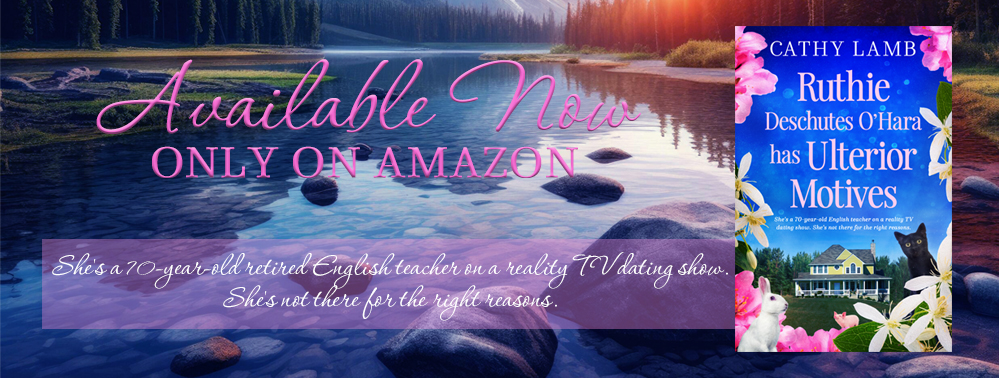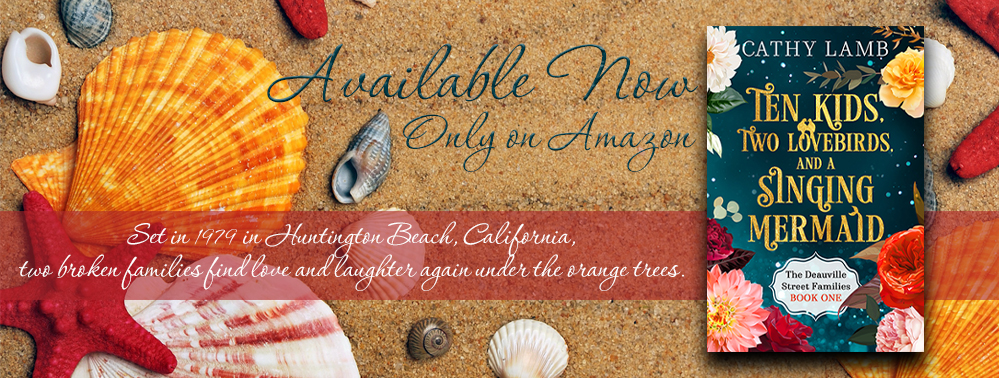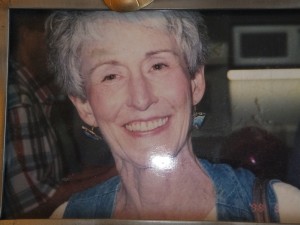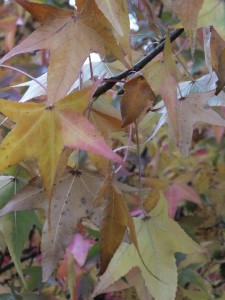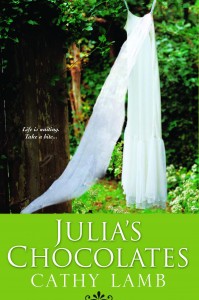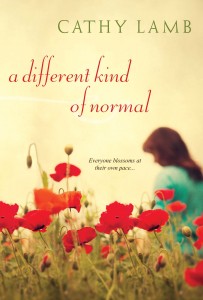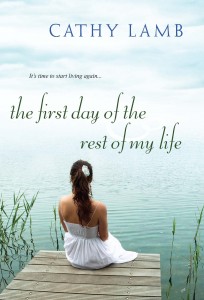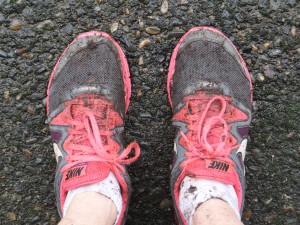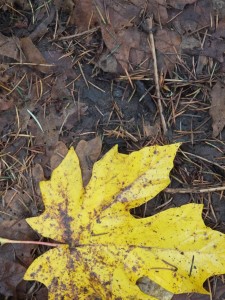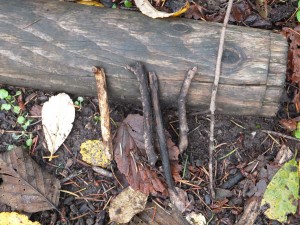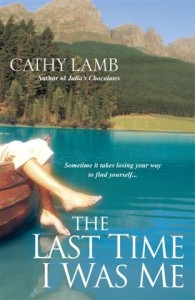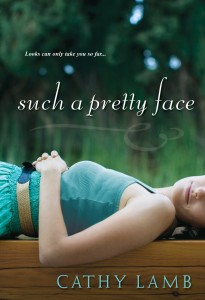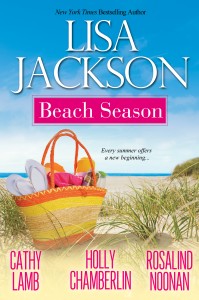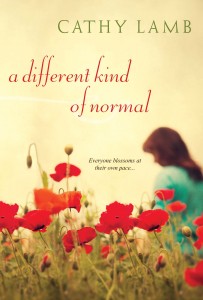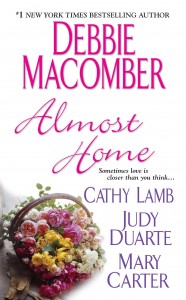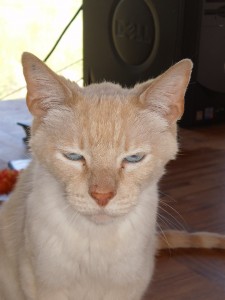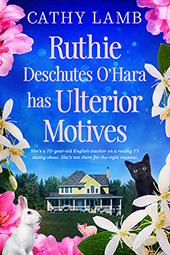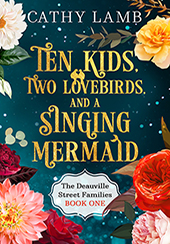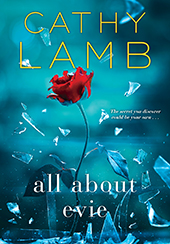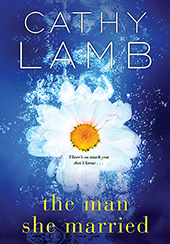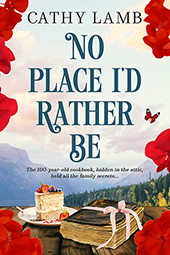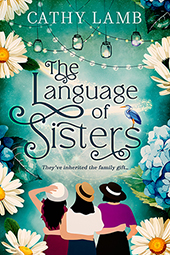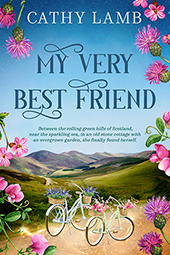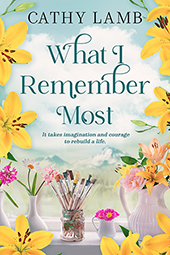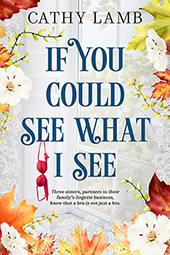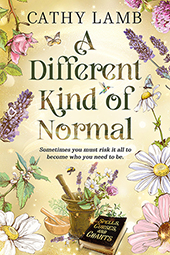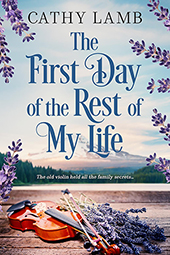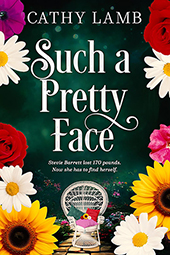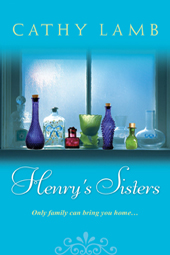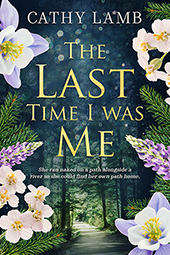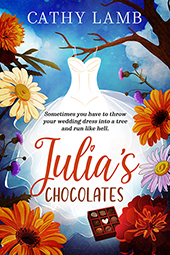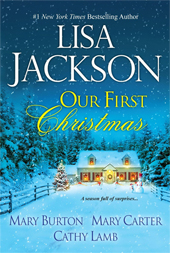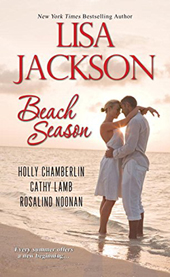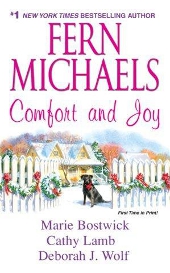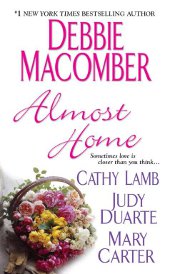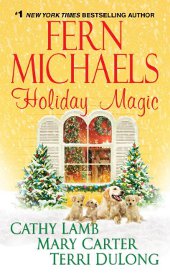For Writers: On Quitting Writing
WRITING ADVICE FROM MAINSTREAM AUTHOR CATHY LAMB
BY RT BOOK REVIEWS, NOVEMBER 02, 2010 | PERMALINK

![]() Author Cathy Lamb shares the wise advice that helped her get published when she was an aspiring author.
Author Cathy Lamb shares the wise advice that helped her get published when she was an aspiring author.
I will give all aspiring writers the advice that I wish I had gotten years and years ago, before a mountain sized load of rejection letters from two category romance publishers almost buried me in a literary avalanche. You may not want to hear it, you may not agree with it, you may find it discouraging….or, like me, you might follow it with a hop, skip, and a jump, or at least a tiny jig.
So, here it is: If you are continually getting rejections in one genre – category romance, science fiction, fiction, nonfiction, whatever it is – and brace yourself here – you may need to change genres entirely. Yep. You may need to take a deep breath, drown yourself in decaf mochas, which is what I do, or a box of chocolates, which is what I did when I was in the midst of rejection hell, and start over.
Here’s the truth: Your talents may not lie in the place you’re currently trying to publish in.
So, for what it’s worth, here is my non-earth shattering story.
I decided I wanted to be published in category romance when I was 18 years old with one of the two largest category romance publishers in the world. My first (of many) attempts at writing category were total flops and rejected so quick the manuscripts almost hit me in the face as they flew back in my door. I have nightmares that those manuscripts will someday be found and I will have to become a monk and hide in the mountains. Even with those rejections, however, I continued reading category romance, studying the books, the plots, the characters, etc. and I continued writing.
I started sending off synopses of the books I wanted to write instead of wasting my time writing full books that would be rejected. An editor would write back, saying, essentially, “We like it. Send the first three chapters!” Yahoo. High on hope, I would write ‘em up and send them in. She would write back, “We like it, send the whole book.” I would write the whole book.
They would reject.
This painful torment went on for several years and I wondered if I would be better suited for studying beetles in a cave somewhere in Africa while muttering to myself.
Then there was the mother of all rejections. I went through the above process and, over the phone, an editor at one of those gigantic category romance publishing houses implied the book would be bought if I made the following changes. I made all the changes requested, re–edited the book and sent the book back. It was a two year process. I could not reach the editor. I finally went over her head (two years of waiting, people!) to her editor. That editor was apologetic, she clearly got on the back of the editor who was dragging her feet, that ticked that editor off, and I received a scathing rejection letter listing what was wrong with the book down to the tiniest detail, none of which had been mentioned in the previous letter.
So, here is where I decided to burn any bridge I had to that industry in a burst of ash and fire. I wrote a letter back to the head of the line, detailing what I just told you. I knew that would be that for me in romance writing. The bridge, I thought, was torched. Instead, the head of the publishing house apologized many times and asked me to send all future manuscripts to her.
I thought about that, thought again, and declined. I just couldn’t do it anymore, friends. Could. Not. Do. It. My love for category romance was dead. The rejections had killed it. I was done.
So, I wrote Julia’s Chocolates. I wrote with abandon and fun and tears and heart. This was women’s fiction, not category romance, although there is romance in the book. The characters in my book had real problems, real joys, the same as real women do. Well, except for the psychic. She did have some magical powers that the vast majority of us can’t claim to have. In my first scene Julia is throwing her wedding dress up into a dead tree on a deserted street in North Dakota, and I was off and writing, my head from that moment totally into my book, as if I was living Julia’s life.
Julia’s Chocolates was so much easier for me to write than category romance. The story flowed, I could hear the characters talking in my head, I could see the scenes as if I was in my own movie. I could smell the cinnamon, taste the chocolate, feel the kisses, touch the breeze, wonder at the blue mountains in the distance, puzzle at quirky characters. It was all as clear to me as clear can be. I lived those characters, I knew them. And, when they did something I had no idea they were going to do, I sat back and let them do it or say it, and gave them the freedom to move and groove.
My very favorite agent, the one I had always wanted to work with, picked it up almost immediately, he sold it almost immediately to the world’s most incredible editor and I’ve been writing women’s fiction since then, with a few voyages into independent romance stories, not category romance, which have been in anthologies withDebbie Macomber and Fern Michaels.
Honestly, looking back, writing category romance felt like I was trying to pull a kidney out through my ear. It wasn’t my fit. So why did I keep trying? Because I thought I could follow the formula, the fairly rigid structure of category romance, and be successful at it. Nope. Couldn’t follow the rules, couldn’t follow the formula. It wasn’t my style, my talent, my skills.
Secondly, I absolutely, positively, did not believe in quitting, in giving up. I was raised as a child not to quit, to persevere, to follow a dream and stick with it. I was like a pit bull who would not release my jaw when it bit down on something tasty even when that something had rotted.
Ladies, don’t be like that pit bull.
I wish that I had changed genre years before I did. Changing genres is not quitting, it’s not giving up, I wished I’d gotten that. It’s making a realistic inventory of what you’re doing and how it’s working out for you. It’s changing course, it’s not stomping out the door in frustration or throwing a petty fit. It’s assessing your skills and talents, acknowledging you won’t succeed in that area, remember it’s not personal, and moving on.
If I had quit trying to bash my head against the category romance wall earlier, it would have been a lot less painful, that’s for sure. I still love romance, and I love, love, love writing the short stories for the anthologies. But the category romance genre…that just was not an area I would have been successful in, probably ever.
Now, if you love category romance to pieces, you love reading it, you love writing it, stay with it, by all means. For me, those rejections zilched my love of category romance. It was time to go forth and sail on another literary sailboat. I’m glad I did. So, my advice, if you’re getting a lot of rejections in any one genre, and you’re losing your love of it, losing the gumption and guts you used to have for that project…consider switching. Consider putting your talents into another project and see what happens.
Most of all, keep writing and keep reading. Keep reading really great writers, study what they’re doing, how they’re doing it. Study their plots, their characters, character development, how they make you cry or laugh, their pacing and word choice, descriptions, sentence structure, etc. Study, study, study those great authors, and good luck.
I really mean that. Good luck.
And eat chocolate. It makes life sweeter.
– Cathy Lamb

